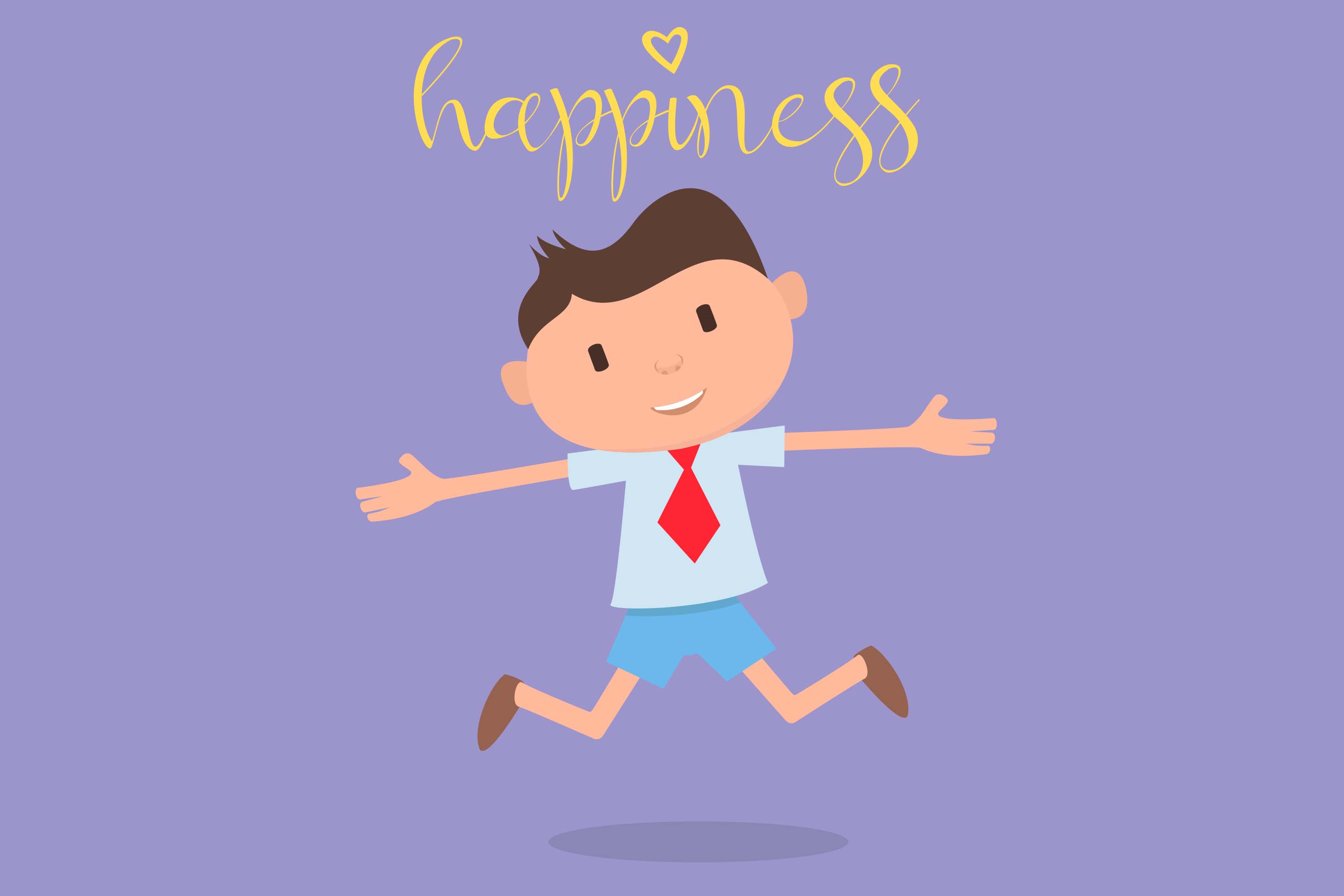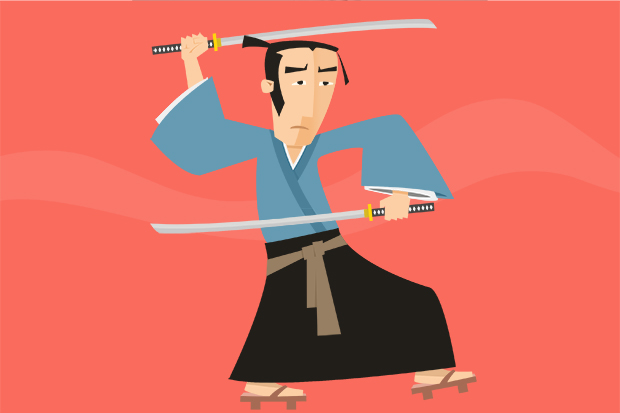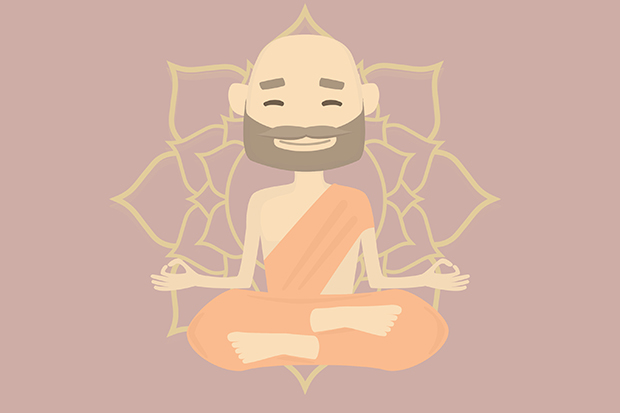on

Pleasure, joy, contentment, satisfaction, fulfilment, peace of mind, the relative absence of pain and suffering—these are perhaps the correlates of happiness. But how should one define happiness if one must? Every human being that has lived has attempted to define it in his or her own way. If any of them were successful is something you and I cannot be the judge of, because happiness has meant different things to different people. Its definitions change with time. It changes as we age. With the ebb and flow of life, it will take on countless different forms that defy any lone attempt at a definition. But attempt the impossible we must, since we all seek it, we all want it, and any definition will improve our chances of nailing it.
Viktor Frankl, celebrated Austrian psychiatrist and Holocaust survivor, in his memoir Man’s Search for Meaning gives a compelling definition of happiness while attempting to define success. He says:
For success, like happiness, cannot be pursued; it must ensue, and it only does so as the unintended side effect of one’s personal dedication to a cause greater than oneself or as the by-product of one’s surrender to a person other than oneself. Happiness must happen, and the same holds for success: You have to let it happen by not caring about it.
So, happiness is a side effect, but a side effect of what? All that bit about ‘dedication to a cause greater than oneself’ or ‘surrender to a person other than oneself’ may be irrelevant when it comes to happiness. If we stick to such standards, happiness should be in such short supply. Then again, we would also see so many people who, by our yardstick, should be positively overflowing with happiness. Yet we learn that their grip on that emotional state is as unsteady as ours. Our problem largely is that we know happiness only by its symptoms; we do not have a clear understanding of its causes, since there seem to be many.
Happiness is transactional. Allow me to explain. Happiness is the result of an exchange of one’s consciousness. If you have a feeling that you have gained by making the trade, you are happy. If not, you are unhappy. That definition might seem a bit simplistic, but let us look into it in some more detail. Think of times when you have felt happy. What was the predominant feeling there? Was it not one of having experienced a serendipitous stroke of fortune, of having received something worth more than what one paid for?
Now contrast that with the experience of Viktor Frankl and his fellow prisoners in the Nazi concentration camp. In his memoir, Frankl explains in agonizing detail the reactions of depersonalization, disillusionment, and bitterness that arose in the inmates. He states that the first to die were almost always those who had lost hope, those who had nothing to live for. The effect such an experience has on people is terrifying. The sort of turmoil, confusion, and horror that results cannot be easily captured in words. Yet Man’s Search for Meaning manages to do that and more. If you have not read the work, I strongly suggest that you do.
Frankl kept himself alive through that harrowing ordeal at Auschwitz by summoning to himself the thoughts of his wife and imagining a future for himself. The experience reinforced his belief that life is a quest for meaning. Be that as it may, human beings are not really after meaning. But before I explain why that is, let us continue our investigation into what further insights Frankl’s account has to offer us. What was the most troubling aspect of the fate that befell Frankl and the other prisoners? Their consciousness suddenly lost its purchasing power. There was nothing to be bought, nothing to do with their time or their consciousness. They were deprived of the only means available to hold on to that sense of usefulness that lends meaning to life. What worried them and ate away their will to live was not the realization that they would not be allowed the opportunity to reclaim the meaning that once was, but the troubling recognition that life suddenly held no meaning for them—none at all. It was not the loss of the things that they prized or the relationships they cherished that hurt them the most, nor was it the knowledge that they were powerless to escape the nightmare they found themselves in. They were staring at nothingness. The loss of the freedom to expend one’s life—essentially one’s consciousness—pursuing whatever goals one chooses is what was at the heart of their misery. If consciousness is not free, if it cannot find expression, it transforms into misery. Frankl survived thanks to his imagined future.
Happiness is thus intricately tied to one’s freedom. The sense of value that expending of consciousness brings in is contingent on where it can flow and what ways it can seek expression. Our seeming unhappiness is the result of life circumstances that curtail our freedom. Our response to it is often inadequate because we do not realize what is at the root of it.
We do not really need meaning in life. What we often settle for is a semblance of meaning—not because we like it that way, but because meaning of that sort is not easy to come by. Meaning is the result of a sometimes tenuous relationship between things. For example, when you describe a point as south of another point and describe the first as north of this point, there is a relationship established there which you cannot express in the absence of either point. Meaning in life similarly results from the complex interplay of the associations one makes between things that one comes to value. Someone who sets out to create meaning is quite possibly wasting his or her time. We must live our lives, fill them up as much as we can with things that offer the possibility for meaning, and meaning will come.
You probably know many people who upon retirement suddenly lost their zest for life. Often, it is not that their jobs were of seeming significance for them or others or that they are suddenly deprived of other avenues of expression. What they suddenly lose is that familiar sense of achievement that the job offered in exchange for their consciousness. Their consciousness does not bring in the same ‘bang for their buck’. It is not the various things that make up our life or what we do with them but how we relate to those things that decides our happiness. Most of our pleasures are not real. In fact, quite a few of them are often predicated on taking away what little peace and comfort we have to begin with and then suddenly returning it to us. This abrupt release we come to see as happiness. This is why little men standing in fields thrashing the life out of pieces of cork wrapped in cowhide with clubs, kicking or tossing inflated latex or butyl rubber bladders covered in cowhide, polyurethane, or PVC panels inspire feelings bordering on religiosity. The escape it provides from real-world troubles or the sense of connection to the wider world that one feels can never explain the excitement sports brings. It is not the skill of the players; it is purely the unpredictability, those rapturous moments that provide those emotional highs that result from it that is behind the power sports has over people. Before it gives, it takes away. So many of our pleasures are just this.
So, what does someone who seeks happiness need to know? Happiness is a side effect of the exchange of consciousness. Your chances of finding happiness improve when you can hold onto some of your consciousness. You need to expend it but still retain enough to see where it is leading you. You need to look closely at what every experience brings in. You need to see what we really gain from it. And lastly, you need to have enough going on in your life. Essentially, you need to find out what your happiness consists of and refuse to settle for anything less.




